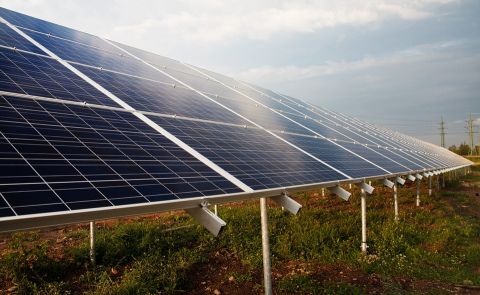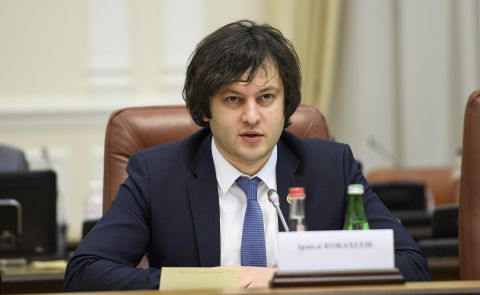
Nagorno-Karabakh: newest developments
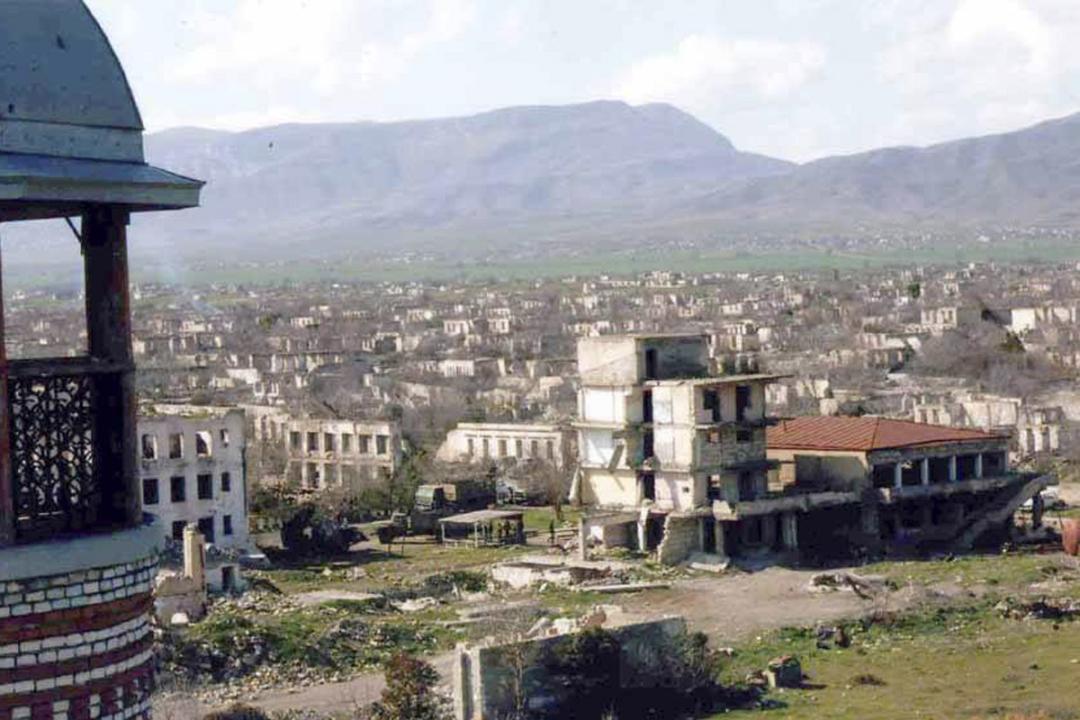
On 2 February, the Azerbaijani State Border Service (SBS) reported that the Armenian Armed Forces from the Ashaghy Askipara village of the Gazakh district launched machine-gun fire at the Azerbaijani SBS border point violating the ceasefire. This information was later denied by Armenia’s Ministry of Defence (MOD).
The Armenian government filed its first interstate complaint to the European Court of Human Rights (ECHR) in connection to the second Nagorno-Karabakh war. In particular, the Armenian government accuses Azerbaijan of violating the rights of the residents of Armenia and Nagorno-Karabakh to life, freedom from torture and inhuman treatment, inviolability of property, private and family life, education and a number of other rights.
Following the controversial statement from European External Action Service (EEAS) spokesperson Peter Stano on the issue of prisoners of war in Karabakh (Caucasus Watch reported), the European People's Party (EPP) released a similar statement. “The EPP parliamentary assembly members called on Azerbaijan to accelerate the exchange of prisoners of war, captives and bodies of the dead and demand their immediate release; urged the European Commission to pursue this humanitarian question in the current and future relations with Azerbaijan and called on the European Parliament to urgently discuss the process of exchange of Nagorno-Karabakh prisoners of war and captives,” the statement read.
The UN human rights experts also called for the prompt release of prisoners of war and other captives from the recent Nagorno-Karabakh conflict, and for the return of bodies to families for burial with due respect for cultural customs. “Failure to disclose information on the fate and whereabouts of missing persons and refusal to hand over the remains of the deceased may amount to enforced disappearance, which both Azerbaijan and Armenia have committed to preventing,” the statement emphasised. “We are alarmed at allegations that prisoners of war and other protected persons have been subjected to extrajudicial killing, enforced disappearance, torture and other ill-treatment [and on the] reported acts of ill-treatment and the desecration of bodies. We appeal to the authorities of Armenia and Azerbaijan to carry out thorough, prompt, independent and impartial investigations into allegations of serious human rights violations committed during the conflict and its aftermath in order to hold perpetrators to account and provide redress to the victims,” the statement added.
The UN also released $2 million from the Central Emergency Response Fund (CERF) to support the UN’s ongoing humanitarian response to temporarily displaced people in the conflict-affected areas of Azerbaijan. The funding will help to provide shelter and non-food items to the affected population; assist in the coordination of demining activities; and deliver essential medicines and medical equipment, as well as mental health and psychosocial services.
The Secretary General of the Collective Security Treaty Organization (CSTO) Stanislav Zas spoke why the organisation did not intervene during the second Karabakh war. “We did a lot of work. At the same time, we must understand that we have our basic agreement on collective security, which clearly spells out the conditions and procedure for using the capabilities of the CSTO to provide assistance to a member state,” he said.
Zas cited Article 4 of the CSTO, which states that in the event of aggression, that is, a military attack threatening the security, stability, territorial integrity or sovereignty of one of the CSTO member states, at the request of this state, it is immediately provided with comprehensive assistance, including military support. “There was no appeal from Armenia for military or other assistance from the CSTO. Therefore, we did not launch the mechanism further, and did not consider it,” he said. Zas said that the CSTO welcomed the agreement on cessation of hostilities in the Nagorno-Karabakh conflict zone and the method of resolving the conflict chosen by the involved parties.
Meanwhile in Armenia, the former adviser of Armenia’s former Defence Minister Davit Tonoyan, Davit Galstyan, was arrested by the country’s National Security Service (NSS) on fraud charges. The NSS said that the charges stem from a $1 million contract for the supply of artillery shells which Galstyan’s Mosston Engineering company signed with the Armenian Defence Ministry in 2018. It said the company breached the contract by providing the ministry with ammunition designed for older and different artillery systems and that the artillery units could not accomplish their “combat tasks” with those shells. After the second Karabakh war, several Armenian sources accused Galstyan of delivering old weapons to Armenia and selling arms to Turkey in cooperation with Tonoyan. Both Galstyan and the MOD denied these accusations, calling the leaked documents “disinformation and manipulation.”
See Also

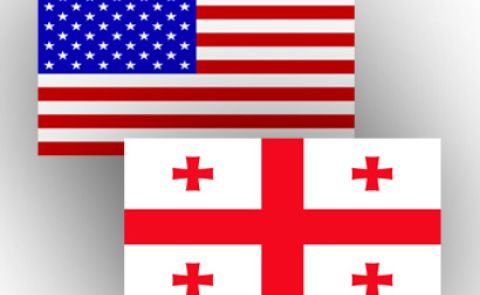
Kobakhidze Meets US Senator Daines to Discuss Bilateral Relations
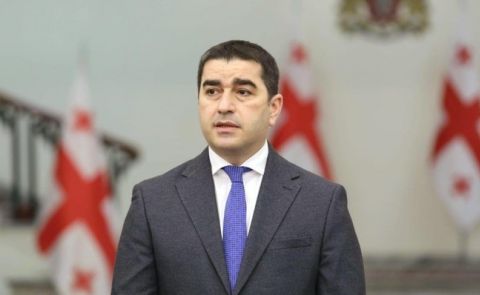
Georgian Speaker Condemns Embassy Travel Warnings as Economic Attack
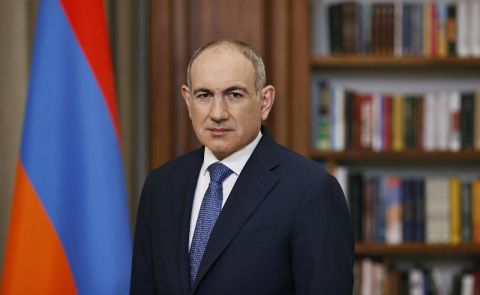
Political Crisis Deepens Between Armenian Government and Apostolic Church After Pashinyan’s Remarks
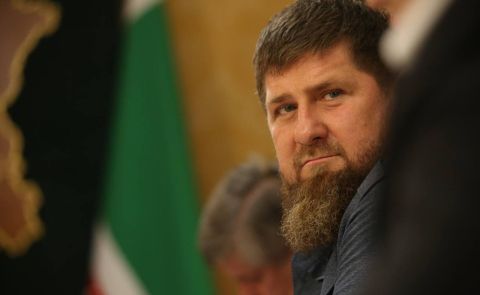
Ramzan Kadyrov Awards Title to Ingush Businessman
